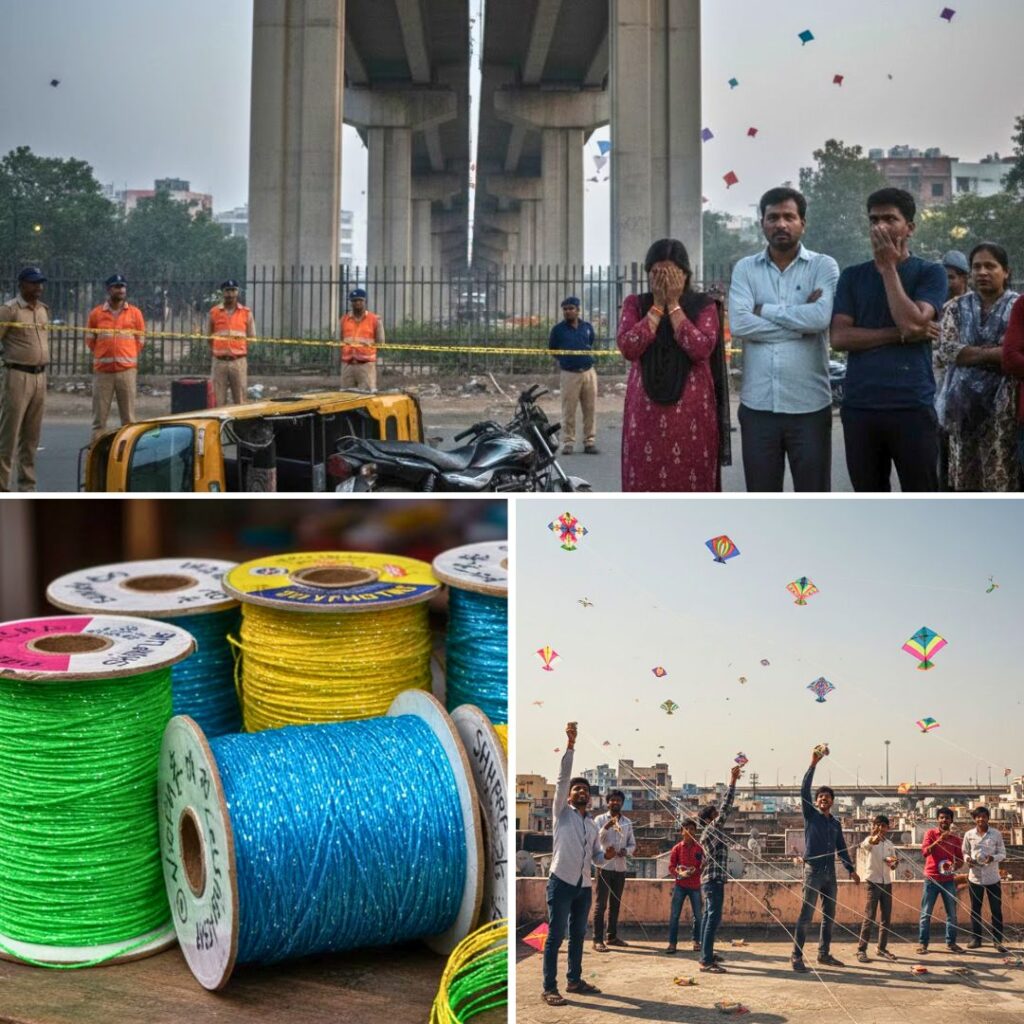In a deeply troubling incident from Mayurbhanj district, Odisha, 45-year-old Prashant Kumar Senapati, a government block assistant engineer, was arrested for sexually assaulting nine minor boys at a government-run tribal residential school, Bhanjabhumi Sanskrit Vidyalaya, in Harishchandrapur village.
The accused reportedly lured the school students under the pretext of asking questions during a morning visit to inspect construction work and then returned in the evening to an under-construction toilet block on campus to commit the assaults.
After the students reported the abuse the next morning to their headmistress Sebati Mohanta, she promptly filed a police complaint leading to his arrest.
The court rejected Senapati’s bail plea, remanding him in judicial custody. The police investigation is ongoing, while the victims have been provided counselling and medical examination.
The incident has sparked outrage and calls for stringent child protection measures in government institutions from community members and officials alike.
Details of the Incident: Abuse Under the Guise of Official Duty
Prashant Kumar Senapati is an assistant engineer posted in the Shymakhunta block, responsible for inspecting developmental work linked to the school infrastructure.
On the morning of the incident, Senapati reportedly called nine hostel inmates individually to an isolated, under-construction toilet block within the school premises under the pretext of asking questions related to the works. This initial interaction set the stage for the crimes that followed.
Later that evening, around 7 pm, Senapati returned to the same solitary location where he allegedly performed unnatural sexual acts on the boys, inappropriately touching their private parts while warning them to keep silent about the abuse.
The secluded nature of the unfinished toilet provided him cover to exploit the trust of these vulnerable tribal students. The following morning, the boys confided in their headmistress Sebati Mohanta, narrating the ordeal in distress.
Acting swiftly, Mohanta filed an FIR at the local police station, initiating an official investigation. Police detained Senapati for questioning and subsequently arrested him based on preliminary evidence.
His bail application was denied in court, reflecting the gravity of the charges as authorities prioritize justice and protection for the victims.
Official and Community Responses
Mayurbhanj district police have confirmed that Senapati’s alleged offences constitute a serious violation of child rights and sexual abuse laws.
Superintendent of Police (SP) of the district stated that the accused abused his official position as an engineer to gain access to the school and perpetrate these acts, adding that the investigation is ongoing to ascertain the full extent of his misconduct.
Police officials are also determining whether Senapati had any prior access or inappropriate involvement with students or other vulnerable children in the region.
The outrage among community members, parents, and local activists has been palpable. There are widespread demands for stricter safety mechanisms and enhanced monitoring in government-run hostels and residential schools, particularly those catering to tribal populations who are often marginalised and face systemic neglect.
School authorities reaffirmed their commitment to safeguarding students, with headmistress Mohanta expressing hope that stringent action against Senapati will serve as a deterrent to others who might exploit their position.
Child welfare departments have stepped in to provide professional counselling and psychological support to the nine survivors, recognising the trauma such abuse inflicts.
The district education authorities have ordered an immediate review of security protocols at residential institutions across Mayurbhanj to prevent future incidents, including tighter visitor verification processes and staff training focused on child safety and protection.
Background Context
The incident draws attention to the broader issue of safeguarding vulnerable children in tribal and government-run residential schools, where limited resources and oversight often create opportunities for exploitation.
Many tribal students come from disadvantaged backgrounds, relying on these institutions not only for education but also shelter and care.
Unfortunately, these protective environments can sometimes be undermined by individuals who abuse their authority, as the case of Senapati tragically illustrates.
The challenge of protecting children in remote or resource-constrained settings is compounded by the lack of adequate staff training, monitoring, and swift grievance redressal mechanisms.
Reports have emerged over the years highlighting similar allegations in tribal regions, underscoring the critical need for robust child protection frameworks, comprehensive background checks for all school visitors and staff, and education programmes that empower children to report abuse safely.
The swift action taken in this case-prompt complaint filing by the headmistress, rigorous police investigation, and judicial rejection of bail-demonstrates an encouraging commitment to justice.
Yet, this must be accompanied by proactive preventive measures to rebuild trust in institutional care systems that are vital to the educational and social development of tribal children.
The Logical Indian’s Perspective
This incident imposes a painful reminder of the fragility of safety within institutions tasked with nurturing society’s most vulnerable children.
It is the solemn responsibility of authorities, communities, and civil society to ensure that residential schools become truly safe havens where dignity is respected and protected.
Empathy and justice must guide responses to such grave violations. The Logical Indian emphasises the importance of transparent accountability and systemic reforms that prioritise child rights, trauma-informed care, and vigilance against abuse.
Our collective resolve should focus not only on delivering justice for survivors but also on preventing such crimes from recurring through education, strong reporting mechanisms, and reinforcing community vigilance.












